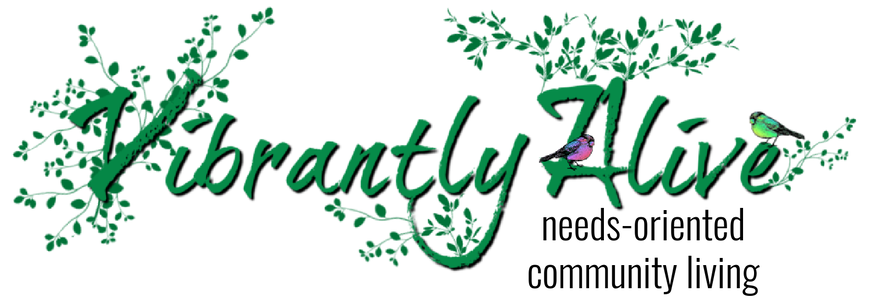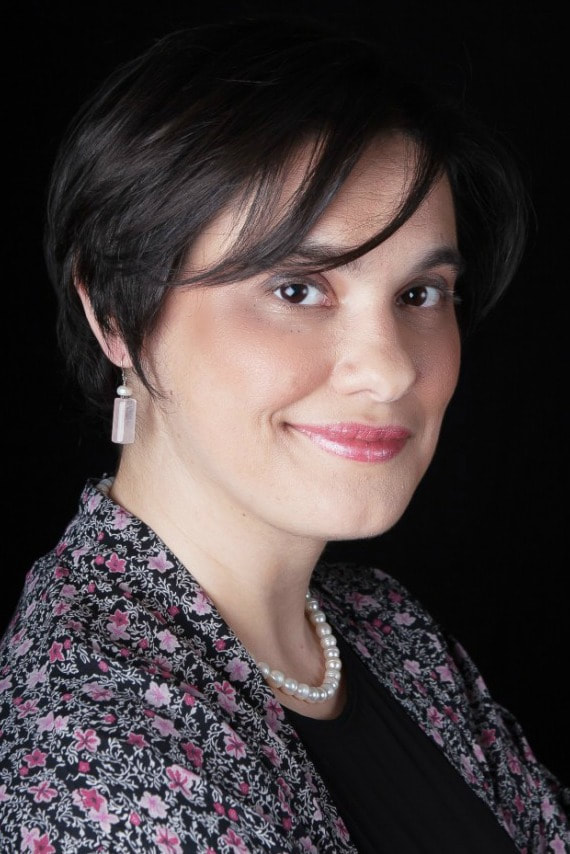|
I spend almost every day doing some form of group collaboration. Working in groups is a vital practice for living in community that I can do now, where I am, even without finding the perfect place to live or the perfect community living situation. I like it because it is a shift away from individualism towards interdependence. I get a lot of opportunities to practice NVC and I noticed my growth rate is exponential compared to when I was working more on my own as a solopreneur. I’d like to explore something that I noticed while working in a group. Have you ever been in a group where it's like you're saying one thing and they’re hearing another thing? Or a question is asked and you think you've already responded to it? There's some confusion and some pressure to speak better, deliver something that's been asked of you. There’s a sense of misalignment, of not quite being on the same page. And if you're not careful, and even if you are careful, it's easy to fall into disconnection and even despair. The thoughts connected with this despair could look something like: Some of the impacts of this pattern that I've observed in myself and in others are rising tension and defensiveness. I have also seen someone else who wasn't speaking but was impacted by what was being said shrinking, visibly shrinking, appearing smaller, retreating into themselves. Other impacts are checking out, this might be called the freeze trauma response. Those are impacts at the individual level.
Impacts on the group level could be loss of trust, loss of willingness to collaborate or even loss of willingness to participate at all. If this happened often enough it could result in exiting the group or even exiting the community as a whole. Ultimately, this could result in giving up on the entire experiment in non-violence or collaborative work or community living entirely and sinking back into patriarchal norms. I had one of these experiences last night. I lay in bed before sleep replaying what happened over and over and over and thinking of how to respond to this or to prevent it from happening. So, I’m writing about this to you today, so we can digest it a bit together. I want to share a little bit about what came to me. “I want you to meet us where we are,” someone said in yesterday's meeting. To give a little context, I’ll summarise by saying that we were receiving requests and commentary on what I might call “Phase D” of the project and I was presenting information about where we are in the project, which could be called “Phase A”. “I want you to meet us where we are” reminds me of what my teacher said about empathy. We were talking about listening with empathy, in this case with an individual as they express what's on their mind. My teacher calls this “entering into the jungle of their heart”. I really like this metaphor because it shows one of the core principles of listening to someone with empathy. To respond to someone empathically, I need willingness to pause expressing my world and enter into their world. We were practicing this with a specific individual. I have an idea that there might be a bit more flow in listening with empathy to someone when they're right in front of you, when you're seeing the expressions of pain or joy. Some part of us moves into their world a little bit: we enter a space of togetherness. I'm witnessing what's going on for them, what's important to them, what they're expressing. This empathic listening is part of being human. I believe it is a universal human need to both give and receive this empathic presence, this empathic receiving. It is a skill we can improve, that we can grow a practice of, that we can apply as an orientation to how we want to respond to people choicefully. Empathic receiving is a natural tendency that we see in babies responding to facial expressions on the adults around them. Due to living under authoritarian social structures, at some point that natural flow is lost. So we practice it; we reclaim it. Because that natural flow is lost, even when I may have a heartfelt desire to receive someone with empathy, to enter into their world, and to be present for what is real for them (even if I don't believe it myself or if I don't resonate with it) I might not still actually manage to do it. I might still respond with judgement or defensiveness or distance. Or I might respond with what’s alive in me before they're ready to hear it, before they feel fully heard. And this happens, even with practice, even with a commitment to receiving others with empathy. It happens. I may be full of regret, there may be a cost, cost to the relationship, to the shared work, to the community. When we scale up from one on one interactions to group interactions, there's a lot more complexity to receive. Every person in that group wants to be received empathically. Every person in the group wants to be met where they are. Again because to be received with empathy is a human need that we all have. This is not always achievable due to the fluctuation in individual capacity and group capacity. Influences on capacity might be time, might be orientation towards achieving a specific purpose, might be unexpressed conflict in the room, it could just be something as simple as tiredness, or habits, or lack of facilitation. I learned to carry empathic receiving into a group when I was bringing nvc into a school setting to work with teens and their teachers. I stepped into their world, reflected their language, while simultaneously welcoming them into my world. I had to stay on my toes, keeping a foot in both worlds, grounded in myself and what was important to me, bringing it with me while empathically entering into their world, respectfully seeing them as whole, that their worldview and desires matter, landing into trust in our shared humanness. And, this is in addition to my relationship with the teachers and staff. All of what I just described I also did with the staff when I met with them. To add more complexity, I became a bridge between the teens and the staff, supporting them in hearing each other. I basically grew a third foot, one foot in my world and what change I hoped to inspire in the school, one foot in the staff's world, hearing and caring about the things that were important to them (ie the student’s physical safety and getting more opportunities in life) and one foot with the youth, responding to what was important to them (their mattering). And somehow, to try to support both the staff and the youth in practicing this dual listening (one foot in myself and one foot in the other’s world). And to do it in a group setting. Once a week we sat in circle together, sharing and listening and reflecting. I want to come back to the original context, the meeting that I had yesterday. My dream would be at even a brief one hour meeting that participants, organisers, facilitators, guests, and team members would come into the meeting with this orientation of emphatically receiving the others with one foot in my own world. I want to see more skillfulness in myself and in those that I work with. I want to see more capacity to hear what people are saying, to pause my own expression, to pause my own requests and to be more likely to enter into the world of the people that I'm working with. Depending on the number of meetings that you have that might seem like a tall order, and I dare to dream of it. If we lived in a world with less patriarchal wounding this would maybe be a more doable request. If we worked or lived in a community of people applying this practice it may be a more doable request. So let's look at some applicable strategies that we might bring into meetings or collaborative group work that may support us in walking towards this dream. Before the meeting or collaboration:
|
Selene Aswell
|


